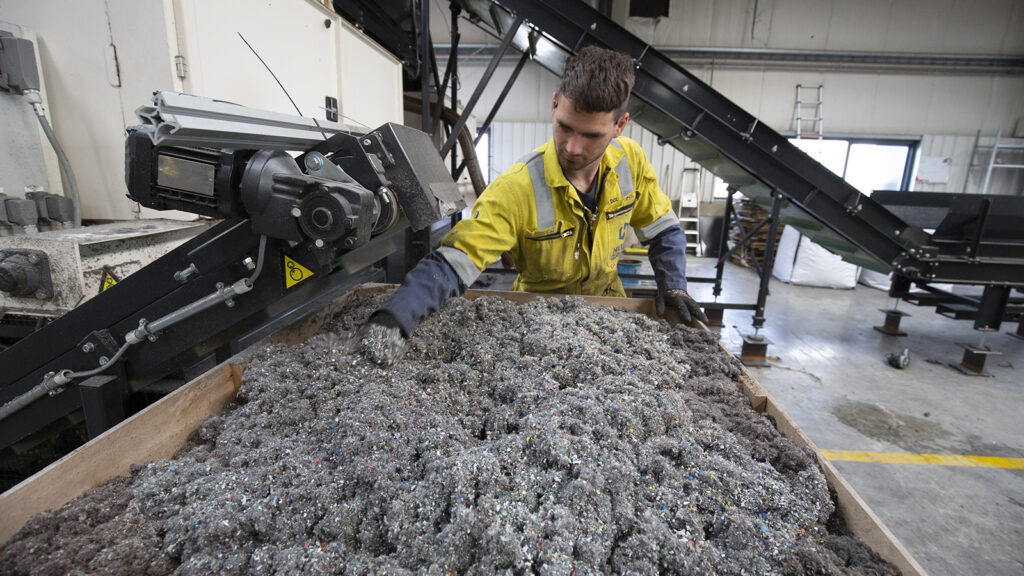Logistics and Transportation Must Evolve to Minimize Supply Chain Disruptions
A Risk in Context podcast with
The pandemic and crisis in the Ukraine have contributed to two years of supply chain disruptions, underscoring the need for transportation and logistics to evolve both to minimize today’s disruptions.
Photo: Getty Images
Marsh’s Risk in Context podcast series helps listeners better understand key risks, build more effective insurance programs and think creatively about risk and resilience.
Companies around the world have been affected by a strained supply chain, leading to delays and shortages of manufactured products, raw materials and equipment. Persisting challenges to transportation and logistics processes have contributed to the supply chain crisis, underscoring the need for these industries to evolve both to minimize today’s disruptions and be prepared for a potential future catastrophic event.
In this episode of Risk in Context, Janelle Griffith, senior vice president within Marsh’s Global Marine Practice and the North American Logistics Practice leader, and Craig Dancer, who leads Marsh’s Transportation Practice, talk about today’s challenges and share advice for companies in these critical sectors to build resilience.
On the state of the supply chain:
The supply chain is so delicate, so very delicate, and it’s been delicate for a very long time. So when we think about the disruptions, and we think about the changes in the industry, a lot of this has happened because we’ve had a supply chain that was already in crisis. — Janelle Griffith
On the impact of increasing transportation costs on inflation:
You’ve got to bake into everything the cost of transportation. Because if you can’t transport it, then you can’t sell it. — Craig Dancer
On the effect of labor shortages on port operations:
Ports are bigger, but we have a labor shortage that then causes a delay in offloading cargo. Whereas it used to take maybe two to three days to offload cargo, we had ports that were taking upwards of two weeks to offload cargo. But it doesn’t mean that the demand still isn’t there. — Janelle Griffith
On the need for companies to implement digital processes:
The pandemic has shown us that you’ve got to be digital, you’ve got to embrace digital, you’ve got to be able to be nimble. — Craig Dancer





